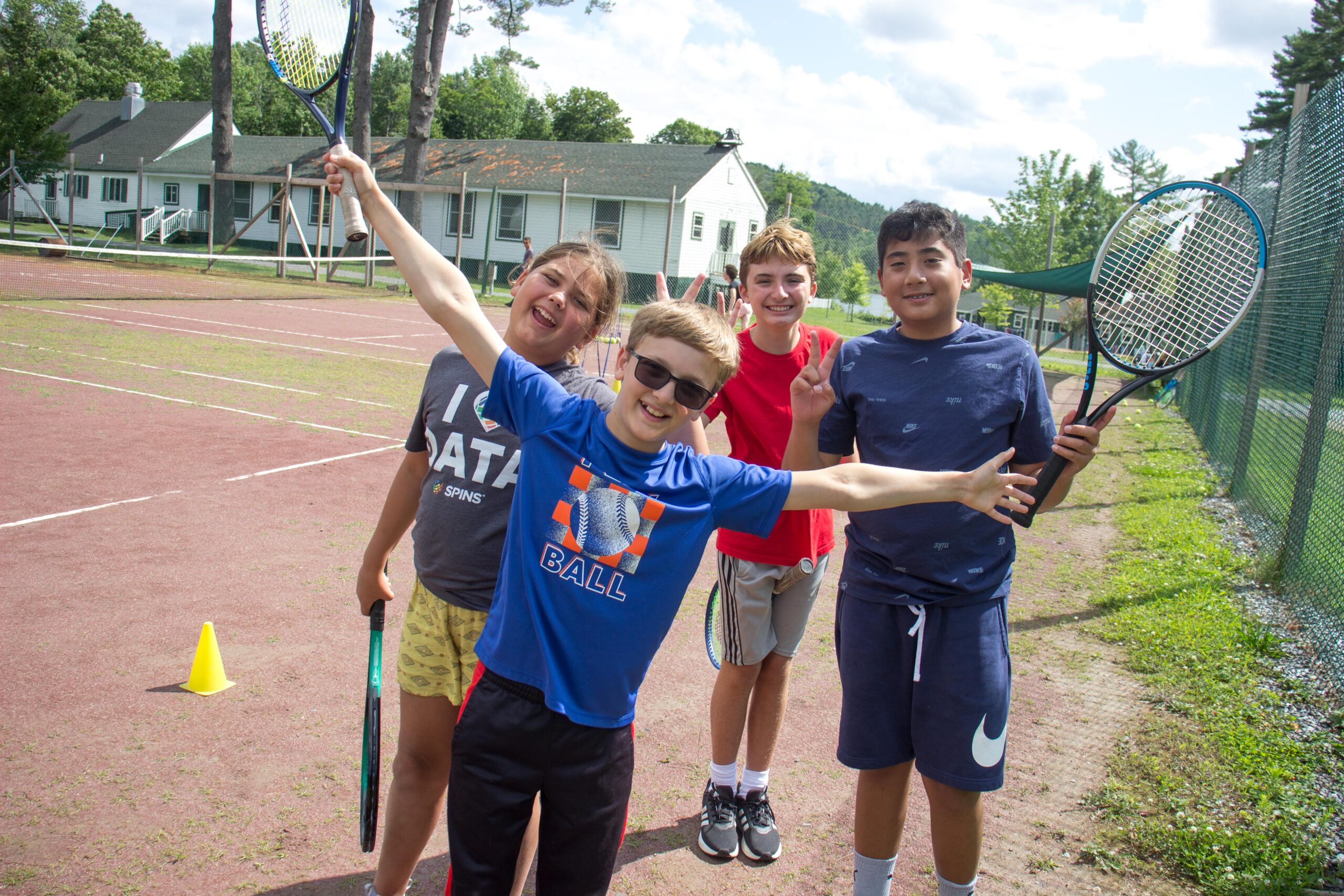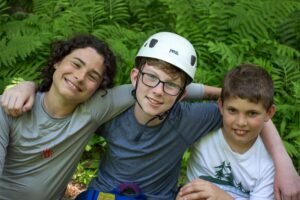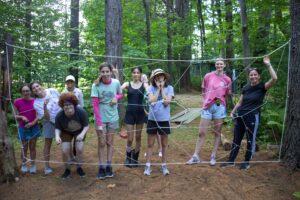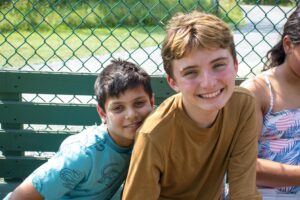
If you’re the parent of a neurodivergent child, planning for the summer is more than just picking a camp. Your child’s specific strengths, preferences and needs require careful consideration to ensure their summer camp experience is both fun and socially supportive. While summer 2025 may seem far away, it’s important to act now—this fall is the ideal time to start planning and making decisions. Here’s an accelerated timeline to help you choose the best camp for your neurodivergent child.
1. Assess Your Child’s Needs: Now!
Before you even start looking into specific camps, it’s important to take stock of your child’s current needs and preferences. Whether your child thrives with structured routines, enjoys outdoor activities, or benefits from creative arts, match these strengths to the right camp.
Ask yourself:
– Does my child need a highly structured environment?
– Does my child enjoy outdoor adventure? Creative arts? Water activities? Athletics? Or a combination of those?
– Is my child ready to live independently at camp for an extended period of time? What kind of supports would have to be in place to make that a successful experience?
If you’re unsure how your child may adapt to certain camp settings, fall is also a great time to talk to your child’s teachers or therapists for input. They can provide valuable insights that may help you identify the right type of camp environment.

2. Start Researching Neurodivergent Focused Camps Now: Fall 2024
The best camps for neurodivergent children fill up quickly, and waiting until spring could mean missing out on spots in camps best suited to your child’s needs. Starting in fall 2024 allows you to research camps, assess your options, and secure your child’s place early.
What to Focus on:
– Peer Group: Even camps that specialize in neurodivergent children can have a camper population that varies widely in terms of their needs and behaviors. Make sure that you’re placing your child in a community where they’ll meet and connect deeply with other kids like them. Those friendships are what camp is all about!
– Staff Expertise: It’s important that camp staff have experience with neurodivergent children and are trained in strategies to support kids with autism, ADHD, learning differences or sensory sensitivities.
– Program Design: Investigate camps that are intentional in the way they structure their daily schedule, facilities, group sizes, etc. Finding a camp that is thoughtful about these things may be crucial to ensuring your child thrives.
3. Speak with Camps This Fall: Early Winter 2024
Once you’ve identified potential camps, make it a priority to contact them as soon as you can. Camp directors will take the time to answer your detailed questions and should partner with you to assess how well the camp can meet your child’s needs (and vice-versa).
Questions to Ask:
– What is the camp’s overall philosophy or core values?
– What is the program like? How much structure and choice are built into daily activities? Is there a therapeutic component to the program?
– What are the other campers like in my child’s age group? (Does my child seem similar to them?)
– How do you recruit and train your staff? What’s the camper-to-staff ratio?
– How do you handle situations where campers are having a tough time or experiencing sensory overload?
– How does the camp define a successful summer for their campers?
The sooner you start these conversations, the better prepared both you and the camp will be to ensure a positive experience for your child.

4. Complete Camp Applications: Winter 2024/2025
By early 2025, you should aim to complete your application for your selected camp(s). Most camps who work with neurodivergent children and teens will have an extensive application process, including meeting your child (typically via video call) face-to-face. That helps the camp – and your entire family – feel comfortable that it’s a great fit.
Once your camper is accepted, you’ll be asked to submit a payment deposit to hold your spot. The camp will start to share lots more information about the upcoming summer, including required forms for you to complete.
5. Prepare Your Child: Spring 2025
As summer approaches, it’s important to talk to your child about what to expect at camp. They’ll likely have a lot of questions and probably some anxiety about going away, as well. That’s all perfectly normal.
Some ways to help ease the transition:
– Practice routines: Start introducing elements of their camp routine at home. Practice sleeping away from home, following a daily schedule, eating new foods, and taking breaks from technology.
– Build excitement: Watch videos or look at pictures of the camp together. Talk about all the fun activities they’ll get to try, and encourage them to think about what they’re most excited for.
– Role-play social situations: If social skills are an area of focus, help them practice different scenarios they may encounter at camp (e.g., making new friends or participating in group activities). This can help boost their confidence ahead of time.
Choosing the right summer camp for your neurodivergent child takes time, care, and attention to detail. Starting in fall 2024 gives you the best chance of finding a camp that not only accommodates your child’s needs but also helps them thrive socially, emotionally, and developmentally.
By researching and speaking with camps later this year, applying & enrollment by winter, and using the spring to prepare your child, you’re setting up a positive and memorable experience for summer 2025. Don’t wait—start planning now to give your child the summer of a lifetime!




 Check out
Check out